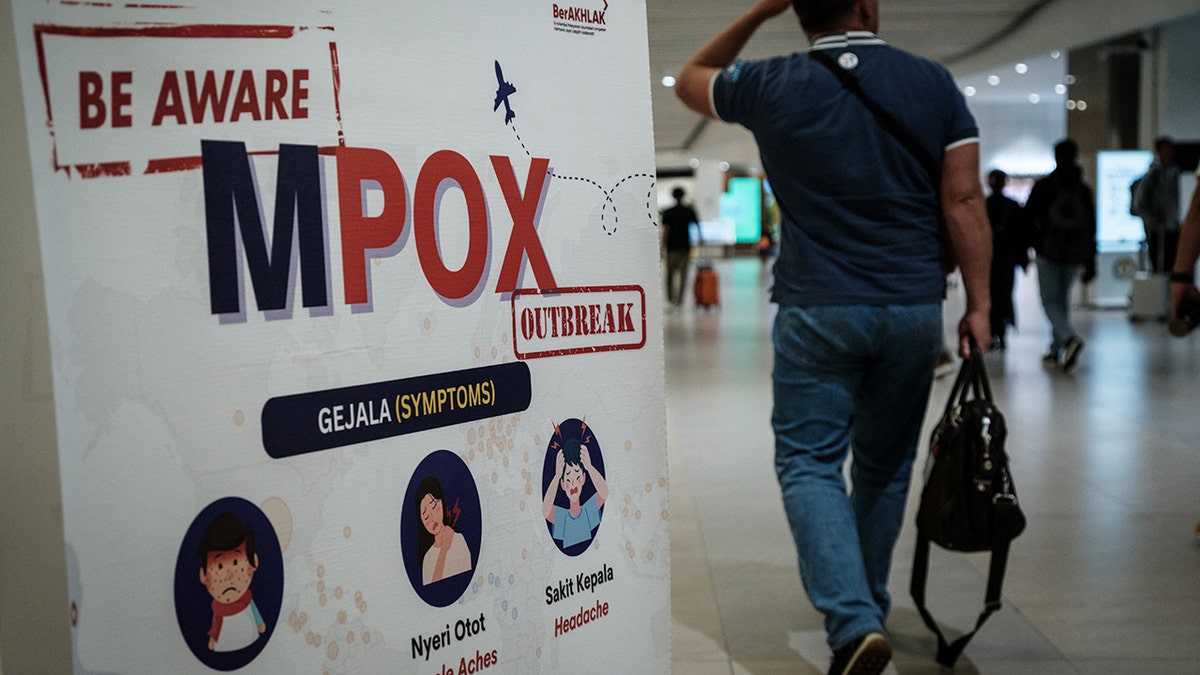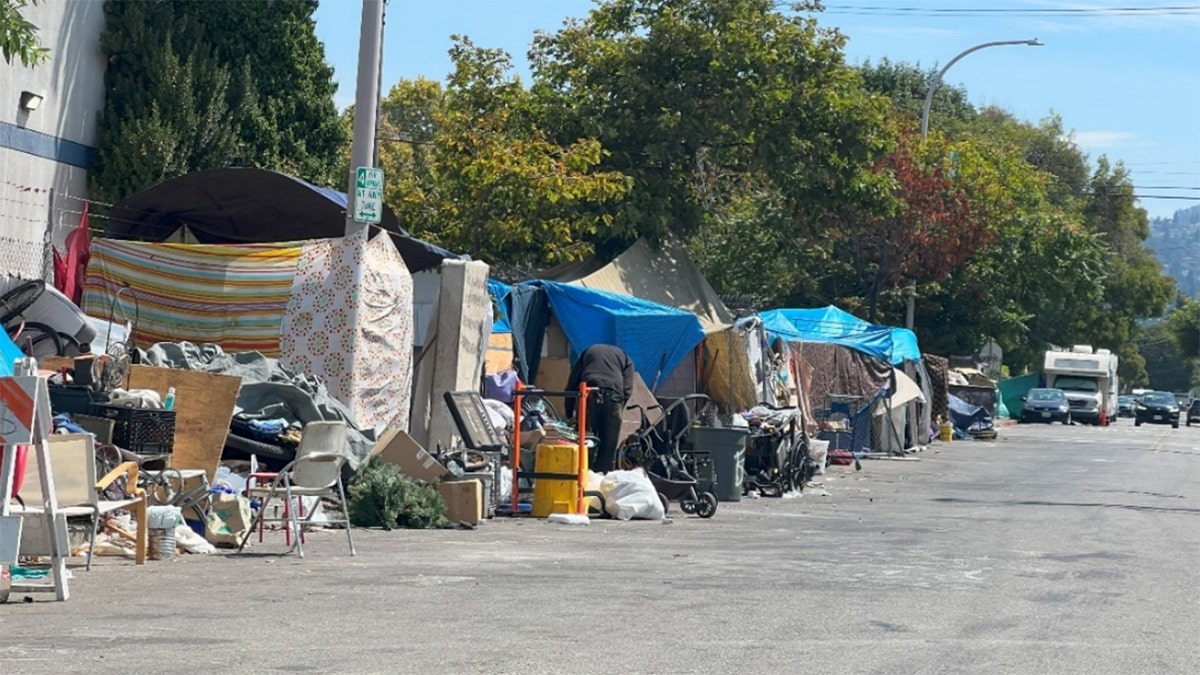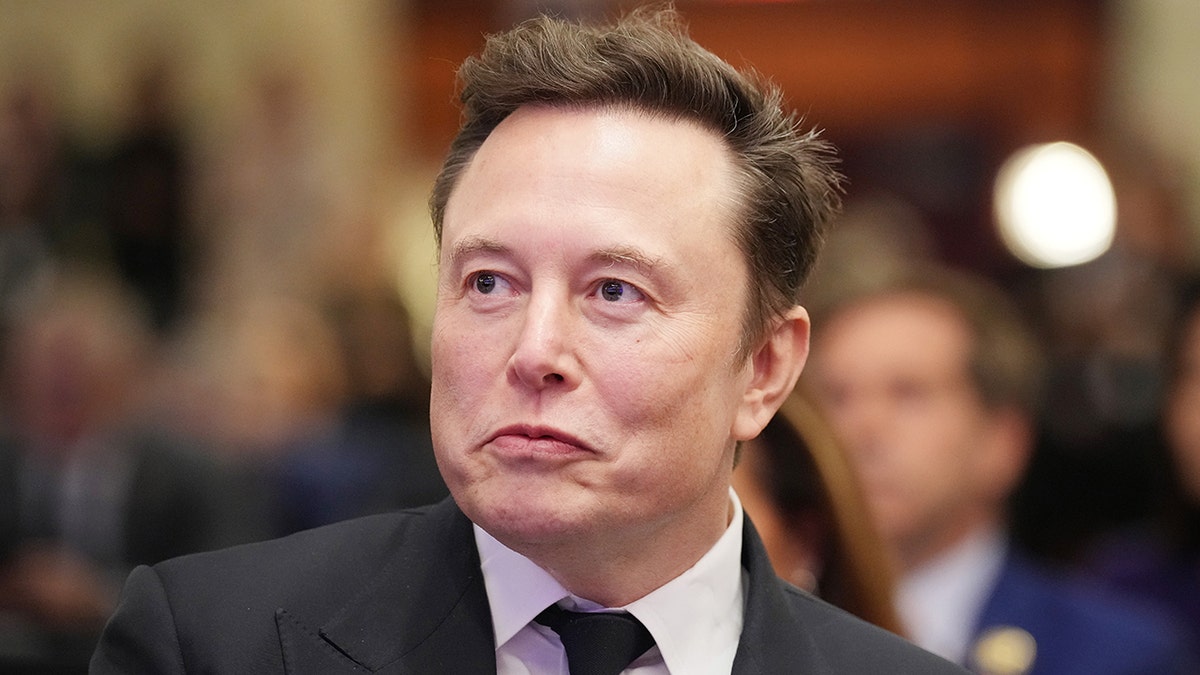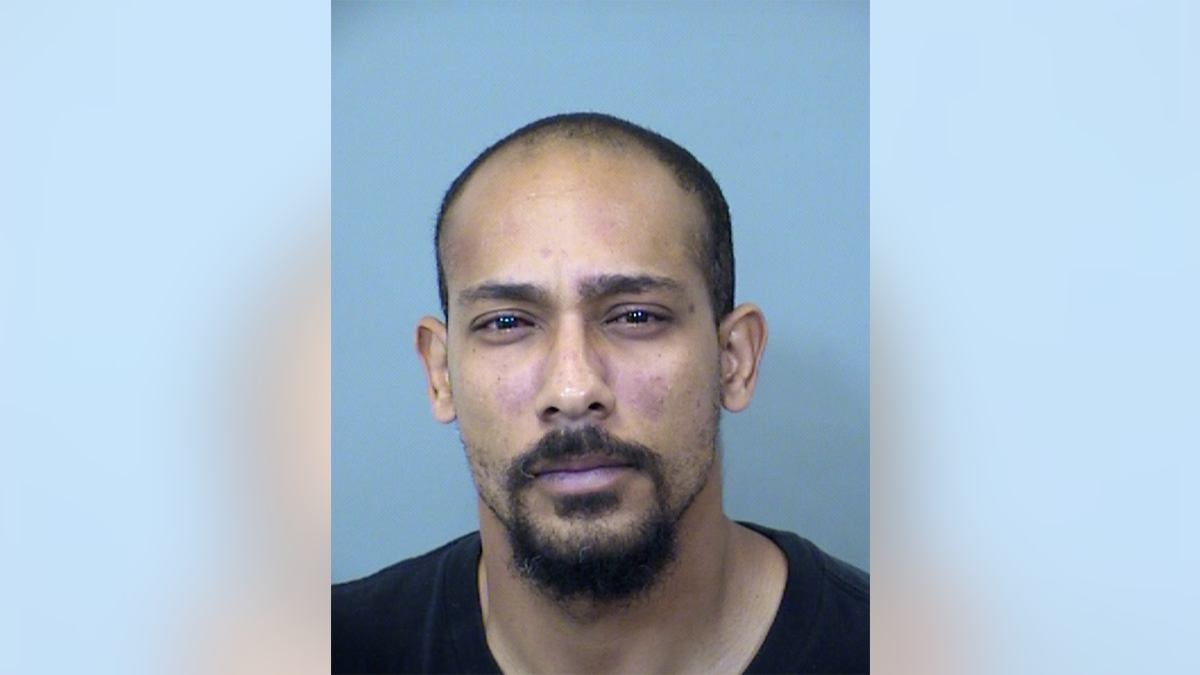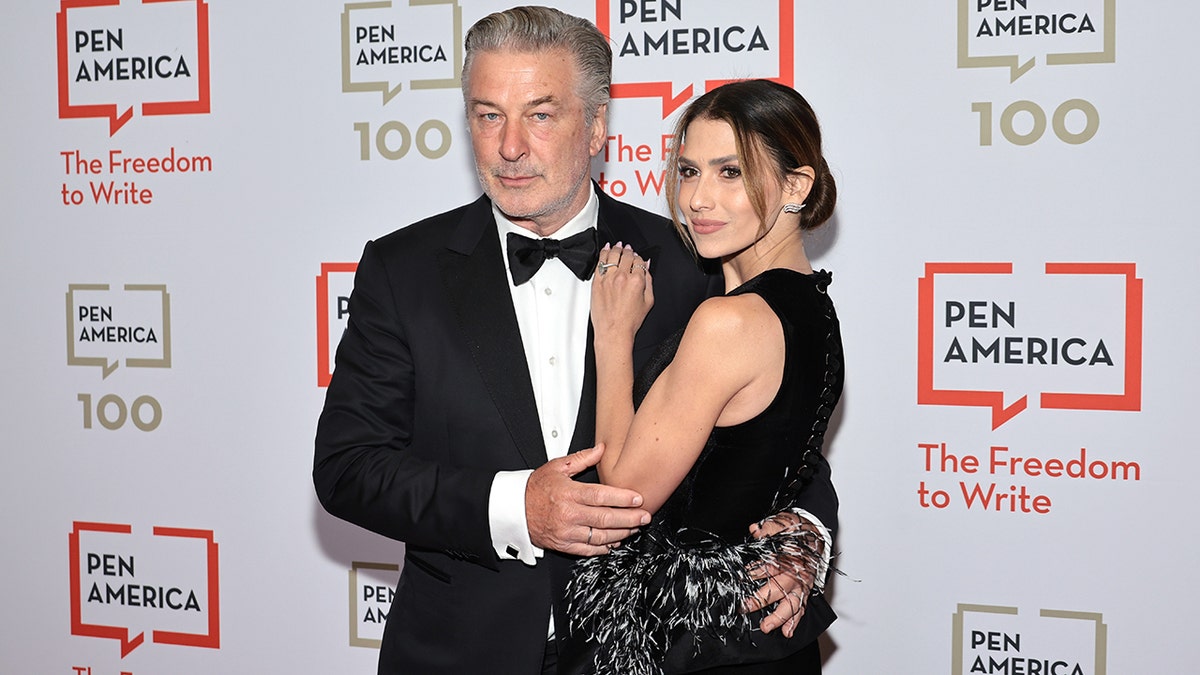Virginia Governor Glenn Youngkin's administration is facing scrutiny over its process for restoring civil rights to convicted felons, particularly the right to vote. A recent letter from Secretary of the Commonwealth Kay Coles James to the Virginia NAACP sheds light on the governor's considerations, including the nature of the crimes committed.
James indicated that Governor Youngkin is less inclined to swiftly restore voting rights for individuals convicted of crimes involving firearms. While not absolute, the administration generally prioritizes restoring voting rights to those convicted of nonviolent offenses. This approach diverges from the more automatic systems employed by previous governors, sparking concern and legal challenges.
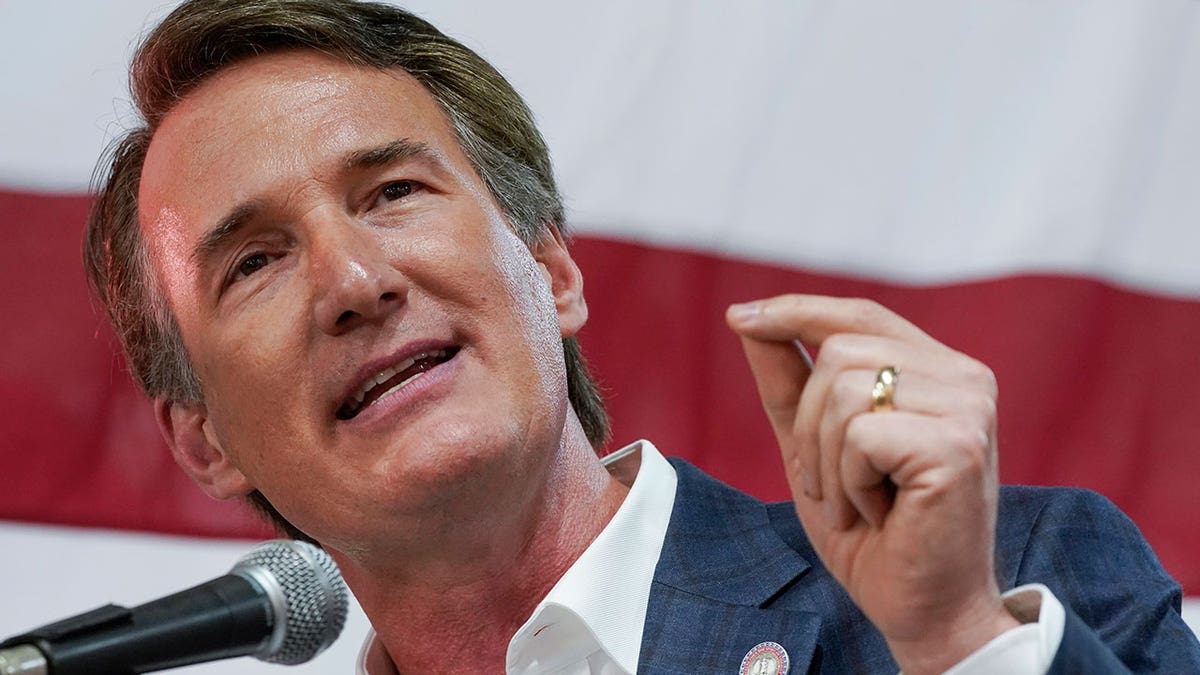
In Virginia, a felony conviction automatically strips individuals of several rights, including voting, jury service, holding public office, and possessing firearms. The governor has the sole authority to restore these rights, except for firearm rights, which require court approval. Critics argue that the current restoration process lacks transparency and could lead to discriminatory outcomes.
The NAACP recently obtained documents through public records requests that they claim show a lack of clear standards and timelines in the restoration process, potentially disproportionately affecting Black Virginians. They also allege that the process is operating slowly, possibly preventing thousands from voting in upcoming elections.
James refuted these allegations, emphasizing that race, religion, and ethnicity are not considered in the process. She asserted that the administration is working to reduce wait times and enhance transparency. The NAACP plans to address the issue further in an upcoming news conference.
A lawsuit filed last month highlights that Virginia has a significant number of citizens disenfranchised due to felony convictions, with Black Virginians disproportionately affected. The legal challenge seeks to address what some perceive as an opaque and potentially discriminatory system.

